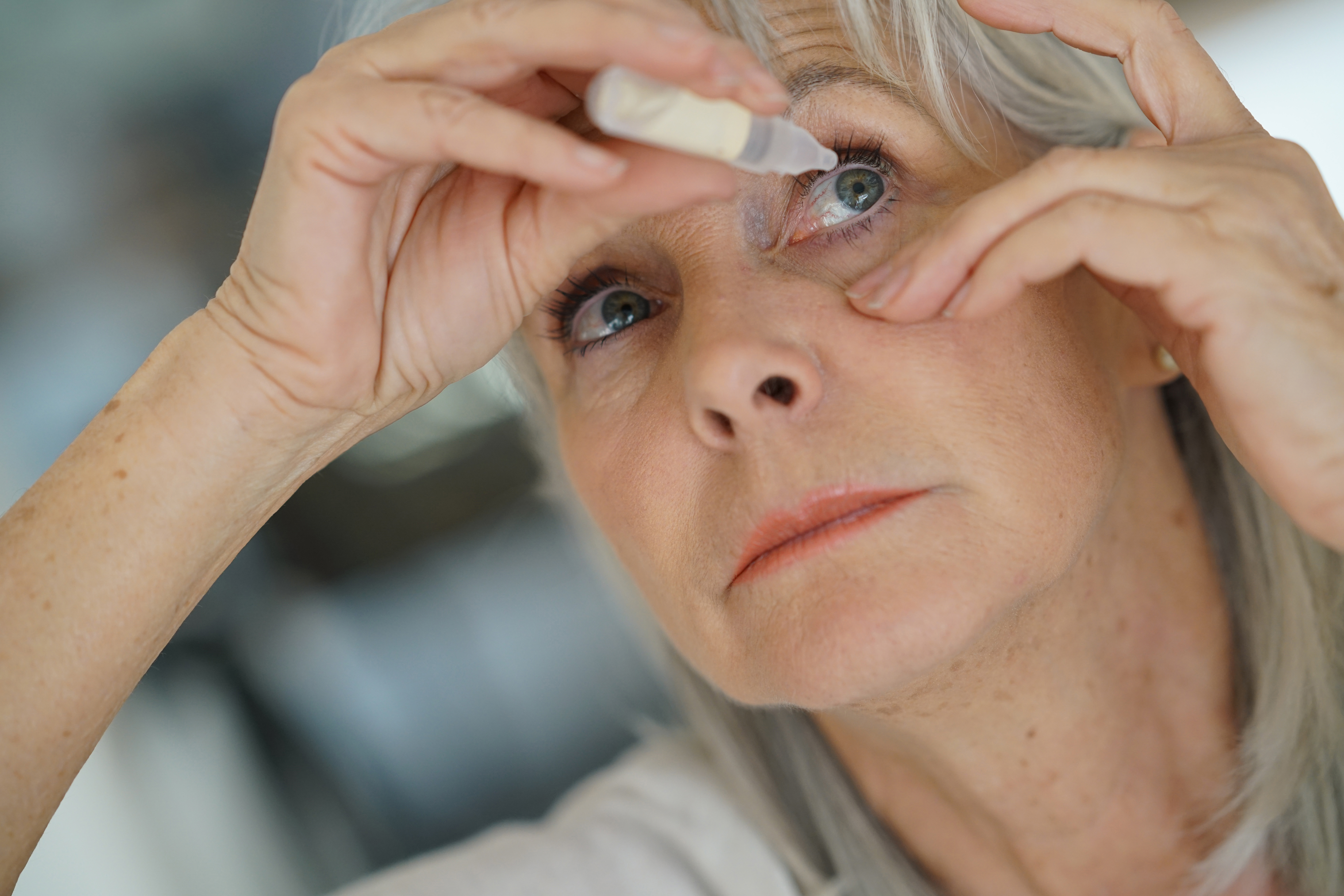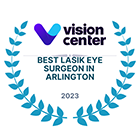
We discussed in our last blog post how you should prepare for cataract surgery. Most of the preparations were to make your recovery time short and without stress. In this blog post, we’re laying out what you should and shouldn’t do in the days and weeks following your procedure.
Dos & Don’ts After Cataract Surgery
Do…
… Attend your surgery follow-up appointments. You’ll be scheduled for a 1-day, 1-week, and 1-month follow up appointment where your eye doctor will monitor your recovery progress. It’s important to attend these appointments as your doctor can ensure you are recovering as you should and prevent any future problems from developing.
… Wear your protective eye shield for the entire first day, and at night for the first week following your procedure.
… Take prescribed medications, including antibiotic eye drops to prevent inflammation and/or infection and medication to relieve dry, itchy eyes. Additionally, take pain killers as needed.
… Be careful when navigating your environment, as your vision may take time to adjust and you don’t want to injure another part of your body while in recovery for your eyes!
Don’t…
… Drive the day after your surgery. Your vision will not be up to driving standard, which is one of the reasons why we ask you to have a person with you to drive you home from surgery.
… Rub your eye. Your eye will be sensitive and vulnerable post surgery, and rubbing or scratching it is a quick way to impede your recovery.
… Expose your eye to irritants such as dust or pollen. This included soap or shampoo while in the shower, and wearing eye makeup for the first 4 weeks following surgery.
… Swim or use a hot tub. This can introduce materials that could cause an eye infection in your recovering eye and should be avoided.
… Bend over or do any strenuous exercise or heavy lifting, as this puts added pressure on your eye. Try not to sneeze or vomit for similar reasons.
… Be alarmed if your vision is slightly cloudy, blurry, or distorted when you first remove the eye shield. In fact, colors may appear brighter than they did prior to surgery, due to the discoloration of your removed lens.
All these precautions can be boiled down to avoid irritants or infection-causing situations, and give yourself time to heal/adjust to your new vision. A rushed recovery is one that allows for future problems. To get the most of your Silk Vision Cataract surgery, make sure to follow the direction of your doctor.











.png)
